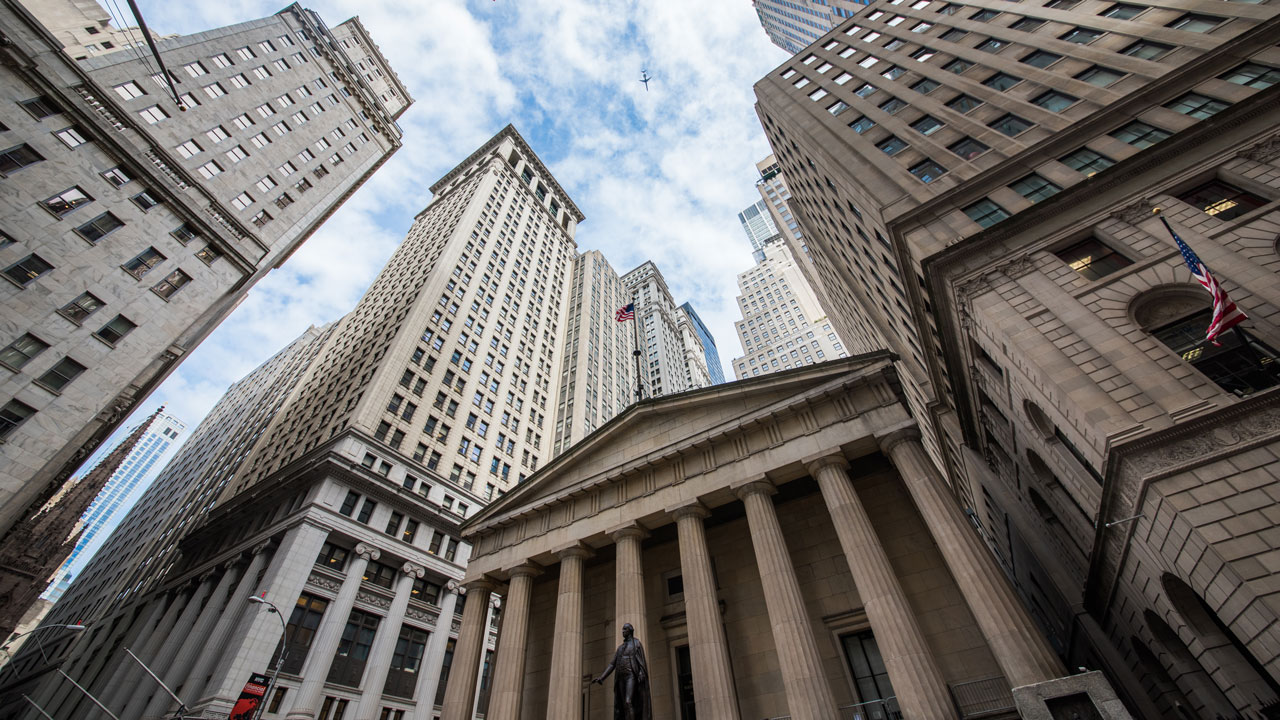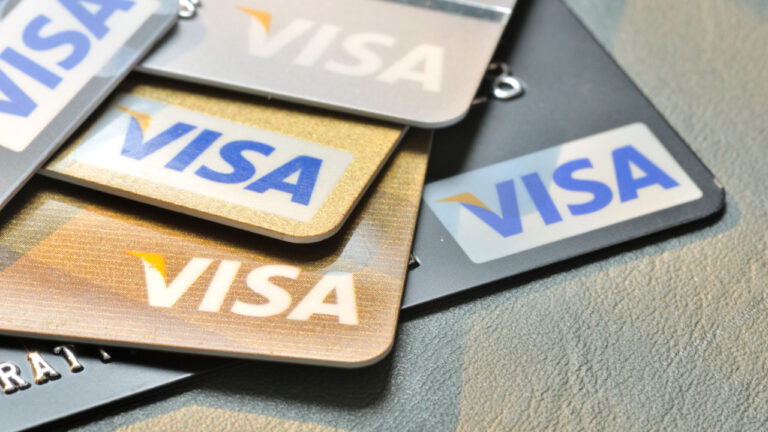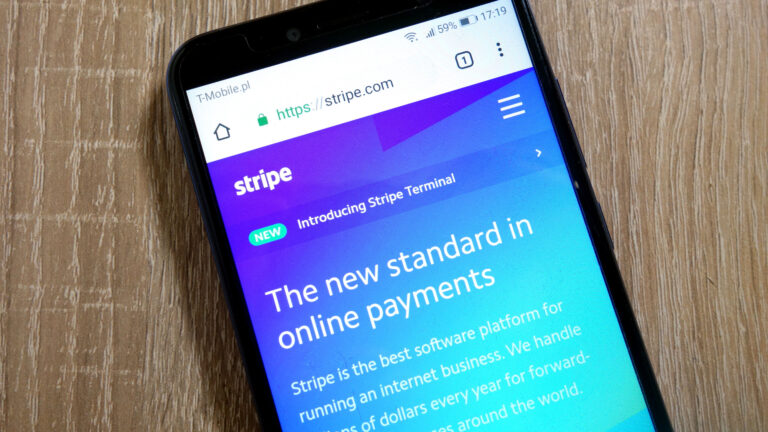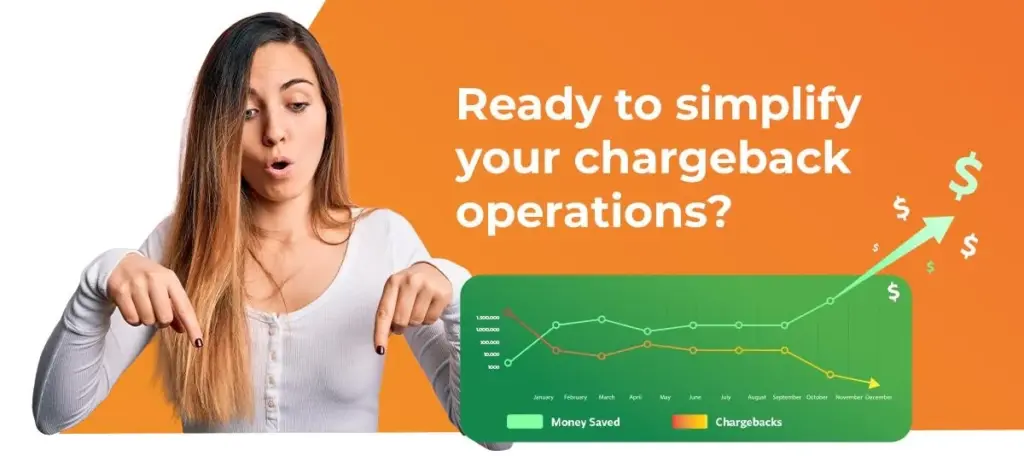A Guide to Disputes with the Big Four Issuing Banks

Chances are, most of the credit cards you process are issued by one of four banks: Bank of America, JP Morgan Chase, Wells Fargo, and Citibank. You’ll likewise be dealing with this “Big Four” for most of your transaction disputes as well.
A closer look at the dispute policies of the Big Four will give you a decent baseline of what to expect when dealing with card issuers generally.
Here’s everything you need to know about handling chargeback disputes with the big four credit card companies and banks, plus how to handle those transaction disputes when they (inevitably) arise.
IT ALL BEGINS WITH THE CARD NETWORKS
Every issuer must comply with the guidelines set by the card network to be able to issue its cards. There are lead times the issuing banks place on you, but issuers also have their own timelines to follow that are set by the card networks Visa and Mastercard; issuers must follow these rules in order to use their networks. If an issuer disputes a transaction with you, but the dispute falls outside these timelines, you may have a case to nullify the dispute entirely.
Visa
Cardholders have 120 days to dispute a Visa transaction through their issuer, starting on the transaction date. The issuer then must respond to the dispute within 30 days. This means the bank must investigate and either charge the transaction back — fully or partially — or turn down the dispute by this time.
Mastercard
Cardholders have 120 days to dispute a Mastercard transaction through their issuer, starting on the transaction date as well. The issuer then must respond to the dispute within 45 days. This means they will have to either accept or decline the dispute by this time.
These are the absolute deadlines for disputes. According to both Visa and Mastercard, transactions older than 120 days are likely not supported by their respective chargeback policies. Likewise, issuing banks have 30 days with Visa and 45 days with Mastercard to take action based on their cardholder’s dispute in order for their actions to be valid.
Note the relevant dates are the date of the transaction and the date of the chargeback. When fighting a chargeback, always check the time frame from the transaction date to the chargeback. If it exceeds the card networks’ timeline, the issuer may be in error, and the dispute may be invalid.
DISPUTES BY ISSUER
Now let’s see what the issuers do with these requirements. Generally, they trim the 120-day dispute timeline down to give themselves additional time to investigate and respond to cardholder disputes.
We’re not including issuer fees here because the amount of the fee will vary by the time it hits your merchant account. An issuer’s fees make up a fraction of the actual charge you’re hit with. Processors and acquirers also tack on their fees, which again vary considerably depending on your arrangement with them. The important thing to remember when dealing with chargebacks is that these fees are best avoided through dispute alerts. With alerts, you can intercept a dispute and resolve or refund the transaction before it escalates to a chargeback.
Bank of America
BofA cardholders have 60 days from the statement issue date to dispute a transaction from that statement. So at most, if the charge was made on day one of a given statement period, a transaction has just over 90 days to get disputed. Once the cardholder initiates a dispute, BofA has 30 days to investigate and make a decision on whether a chargeback is going to be issued. As a merchant, you can reasonably expect a chargeback to hit your account no more than 120 days out from the transaction date.
Citi Bank
Citi works the same as Bank of America: disputes must be submitted within 60 days of the statement, and the response from Citi must come within 30days.
Chase
Chase Bank gives its cardholders 60 days from the date a charge is posted to their account to raise a dispute — usually the transaction date, or no more than 2-3 days later considering weekends and holidays. Chase claims it takes 30-60 days to investigate a dispute, but they are still beholden to the card network lead times on this (Visa: 30 days/Mastercard: 45 days).
Wells Fargo
Like Chase, Wells gives cardholders 60d ays from the posting of the transaction to raise a dispute. They do not provide a timeline for their response, partly because Wells may issue a retrieval request to get more information from the merchant. If you receive such a request, you have 12 days to respond with information that ties the cardholder to the sale and deflect a chargeback.
At bare minimum, retrievals must include:
- Merchant name and location
- Transaction date
- Merchant location/website
- Description of goods or services
- Payment Card last 4 and card brand
- Transaction amount, with applicable transaction currency symbol
- Authorization code
- Space for cardholder signature, if applicable
- Return/refund policy
If you have any other evidence that could help your case, including delivery confirmations, purchasing device ID or IP address, definitely include them in your response. You should expect a quick response following a retrieval request, since your 12 days to respond eats into their allotted time to rule on a dispute.
MERCHANT RESPONSE GUIDELINES
While each issuer does things slightly differently, they all adhere to the guidelines set forth by the card associations. Rather than try to keep up with the nuances of each issuer, set your dispute responses to a routine that accommodates the deadlines of all these issuers. Stay well under your deadlines and make sure the issuing banks stick to theirs, and observe the following protocols:
- Keep transaction data handy for a minimum six months, or 180 days.
- Keep a rolling reserve on your merchant account.
- Monitor your chargeback-to-sales ratio each month.
This way you’re absolutely covered in case a cardholder resurrects a dispute at the last minute and their bank maxes out its response time. Many chargeback fraudsters will initiate disputes just before the deadline because they know many merchants won’t have the data or react promptly enough to fight back.
Have funds ready to cover unexpected chargebacks and their fees. Some acquiring banks already require this of their high-risk merchants, usually around 5-10% of monthly sales. But even low-risk merchants should be prepared so cash flow is not disrupted.
This ratio determines how much you’re charged per chargeback. As you approach 1%, your fees start going up and remedial actions from the card networks are not far behind.
HOW DISPUTE MANAGEMENT HELPS
Just between these four banks, you have slight differences in policy and you should expect such variations among all banks. Aggregate all your disputes in a comprehensive and organized manner to keep one step ahead of all the different timelines and requirements.
Our dispute management portal ChargebackHelp Plus (CBH+) integrates Ethoca and Verifi alerts, which inform you of pending chargebacks and enable you to prevent them with refunds. It can also send transaction details preemptively to reduce retrieval requests and deflect potential disputes from proceeding. Plus, you can view all of your disputes to ensure you’re responding to each in time.
Find out how you can leverage dispute management for your business with CBH+. We can help you navigate the nuances and complexities of every issuer and save money with organized and timely resolutions to all your disputes. To find out more, send us an email, call us at 1.800.975.9905 or contact us here.








